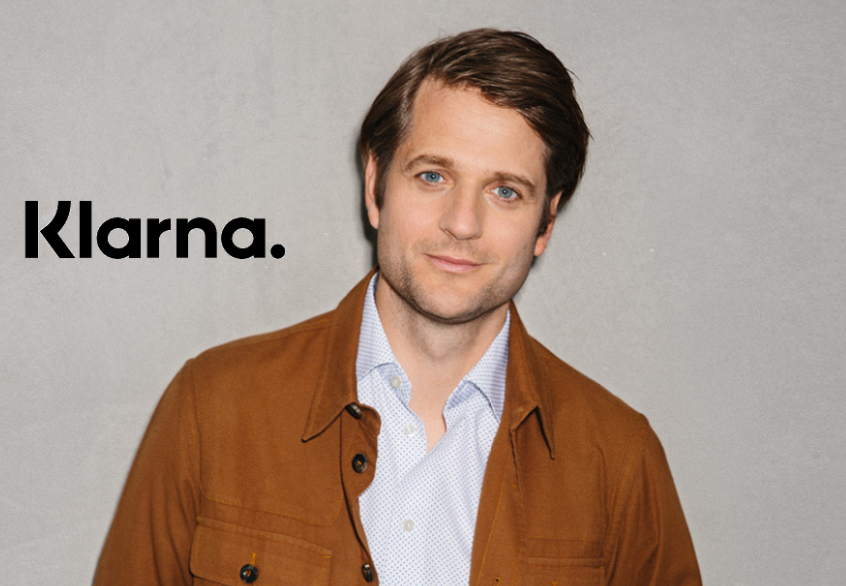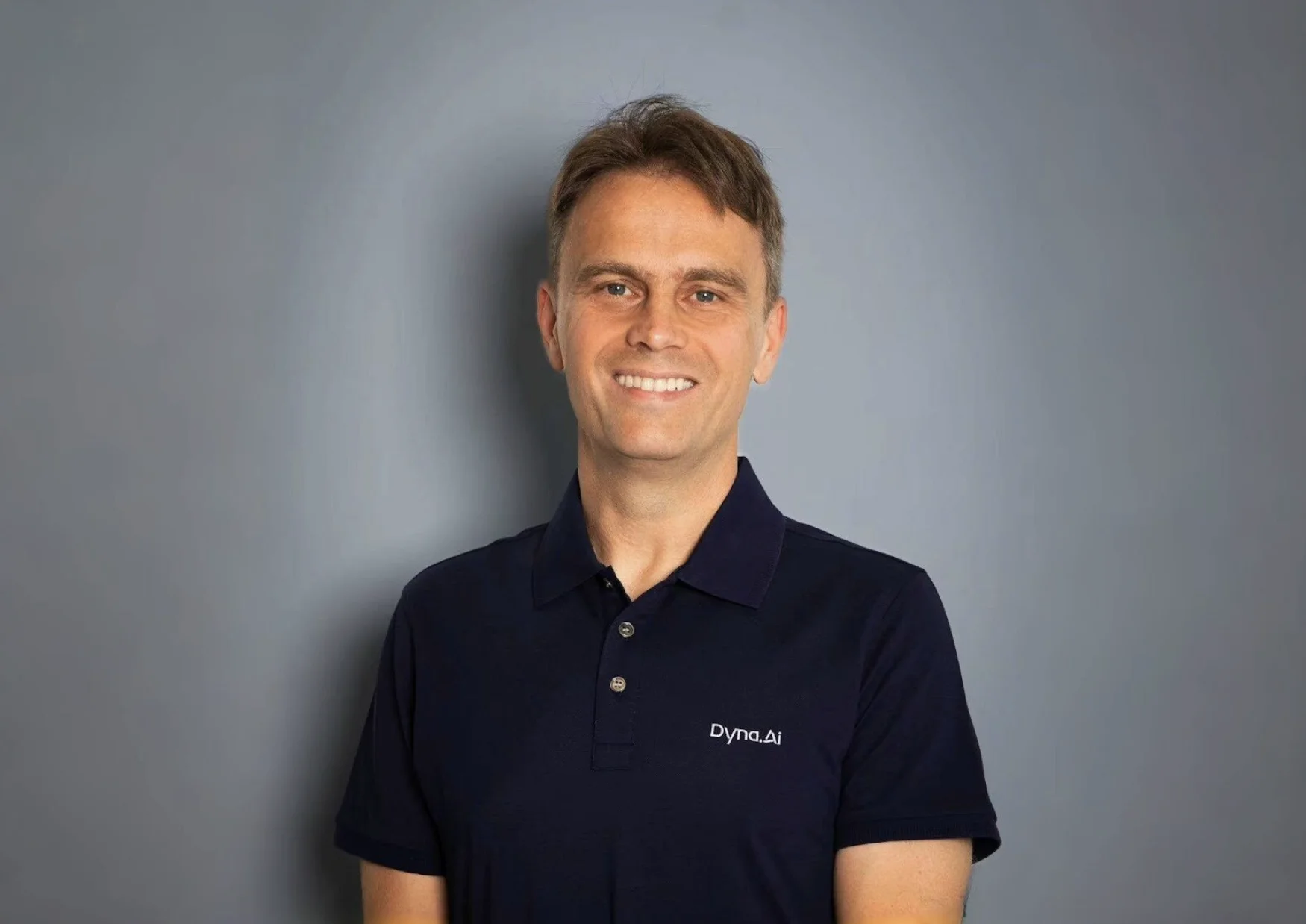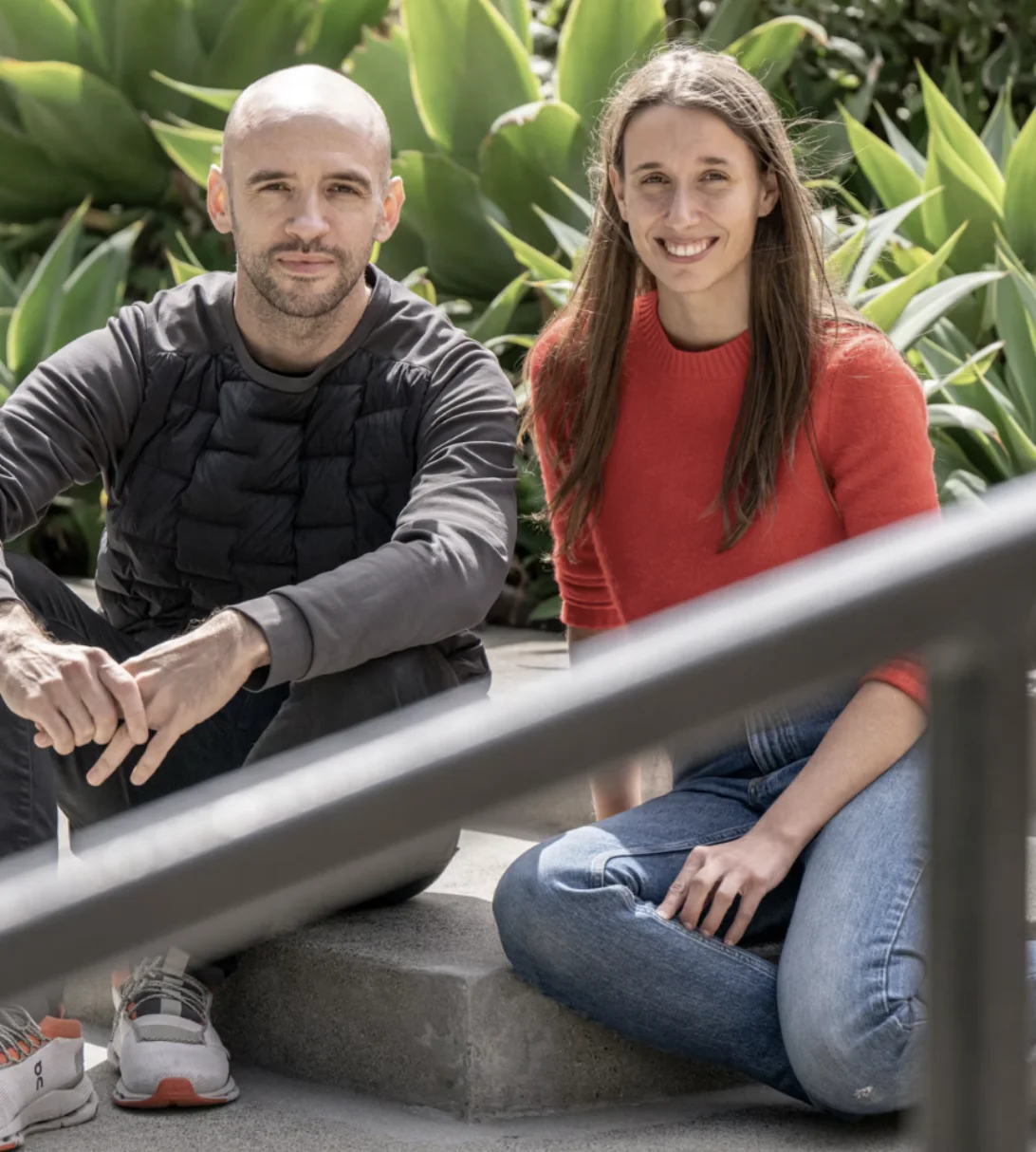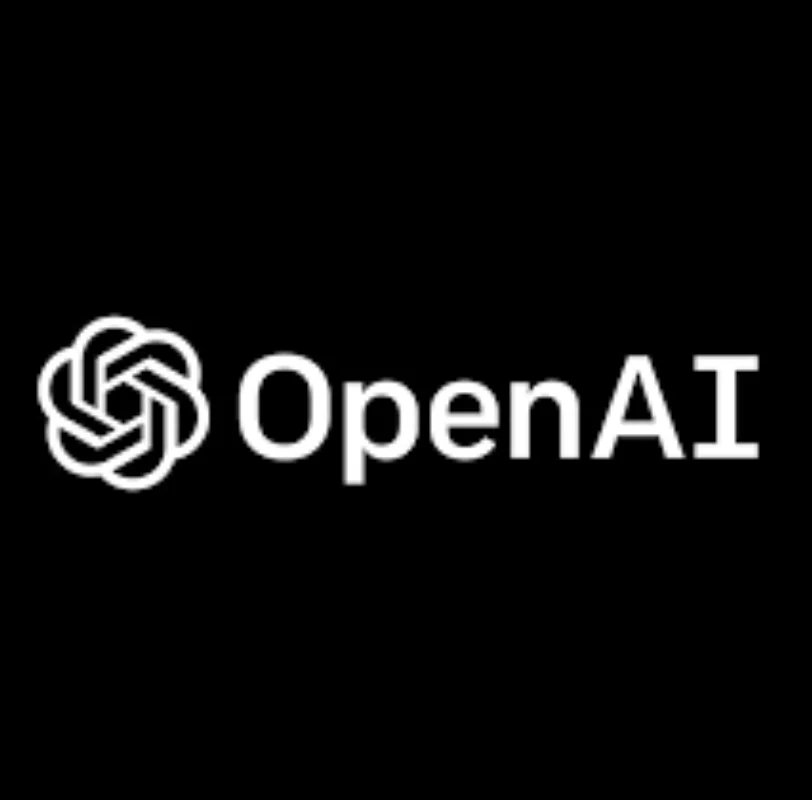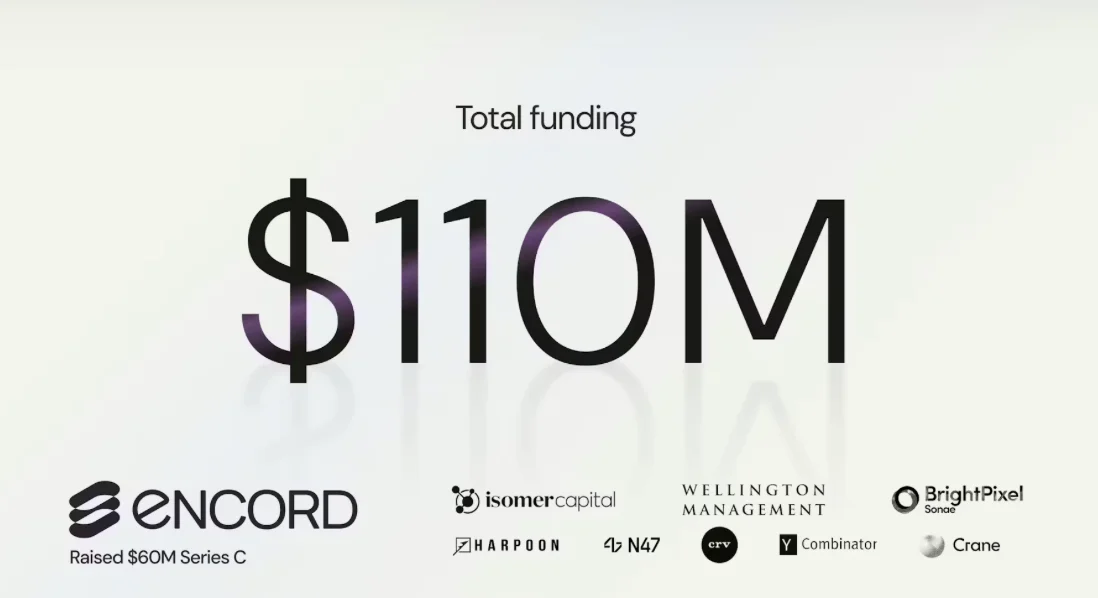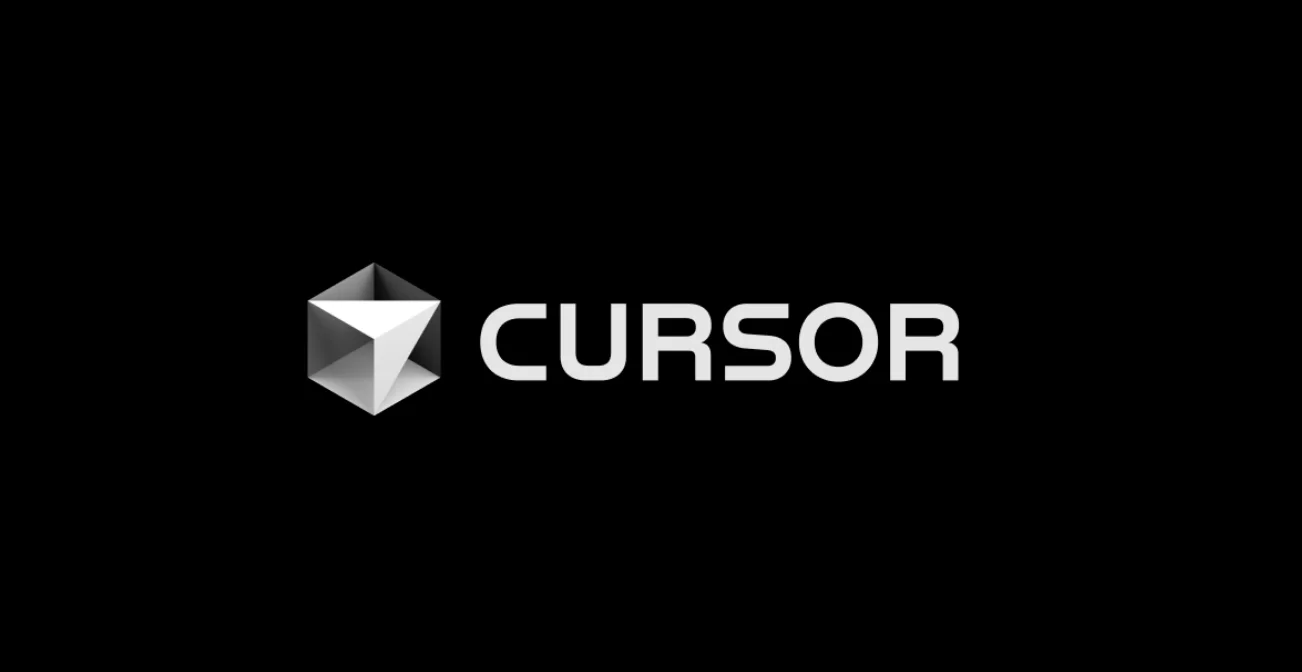Sebastian Siemiatkowski, CEO of Klarna, a fintech company at the forefront of AI adoption in e-commerce transactions, is steering the conversation on AI and the future of work into uncharted waters. Under his leadership, Klarna, known for its partnerships with global brands like Expedia, Macy’s, and Nike, has implemented an AI chatbot that performs the work of approximately 700 customer service agents. This innovation has led to significant operational efficiencies, but Siemiatkowski is quick to emphasize the broader societal implications of such advancements.
Klarna’s AI chatbot handles two-thirds of the company’s customer service inquiries, achieving human-par satisfaction rates and reducing repeat inquiries by 25%.
In a recent CBS News interview, Siemiatkowski elaborated on this.
“It’s on par with humans in terms of satisfaction and it resulted in a 25% reduction in repeat inquiries from customers,” he said. This efficiency gain prompted Klarna to reevaluate its need for outsourced customer service providers, reducing the required agent count from 3,000 to just over 2,000.
However, Siemiatkowski is not just focused on the bottom line. He expressed a deep concern for the societal shifts brought on by AI.
“We wanted to make policymakers aware that this isn’t something that’s happening in the future — it’s happening now,” said Siemiatkowski. This call to action highlights the immediate need for society to grapple with the consequences of rapid technological change.
Despite the impressive efficiencies gained, Siemiatkowski remains cautious about potential pitfalls, particularly the accuracy and reliability of AI systems.
“Humans are fantastic but they also make mistakes,” he said, emphasizing that the goal is for AI to make fewer mistakes than humans. This careful monitoring ensures that the AI’s errors are less frequent and less severe than those that might be made by human agents.
The introduction of AI has also influenced Klarna’s hiring practices and internal communications. The company has paused hiring due to a strategic shift towards leveraging AI across all products and services, aiming to do more with less.
“Our ambition is to invest more per employee and to see the compensation of existing employees go up as we become a higher-revenue company,” said Siemiatkowski.
Looking forward, Siemiatkowski is contemplative about the broader implications of AI on society. He highlighted the dual nature of technology as both a disruptor and an enabler, urging a collective approach to supporting those impacted by these changes.
“The better we as a society can support individuals who may be affected, the more positive a development it will be,” he concluded, framing the evolution of AI as a challenge and an opportunity for societal growth and adaptation.
Featured image: Sebastian Siemiatkowski. Credit: Klarna
